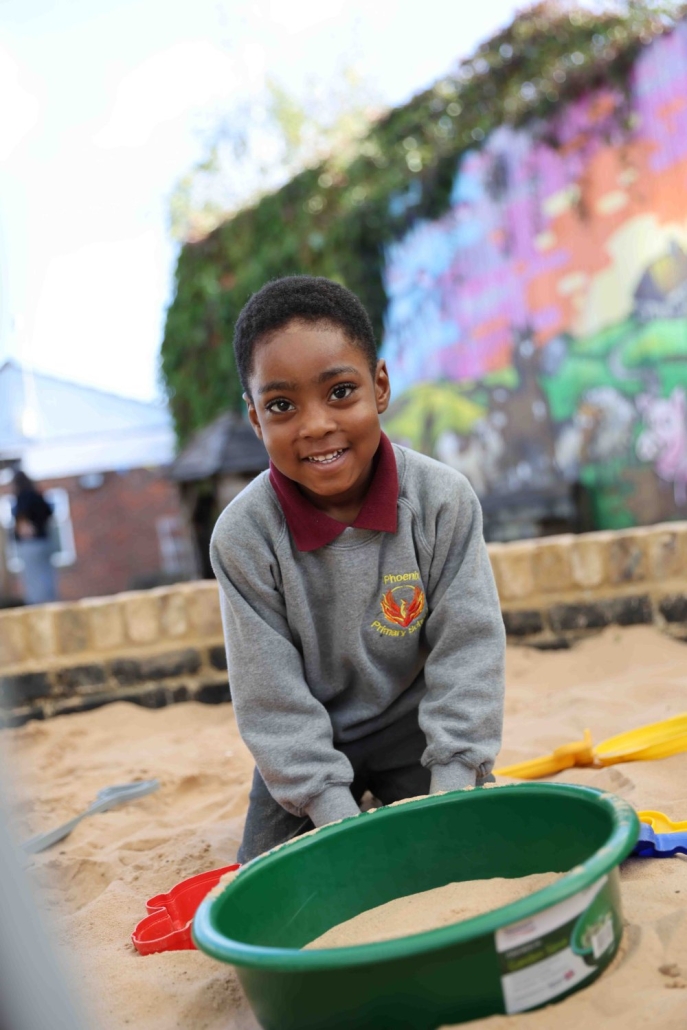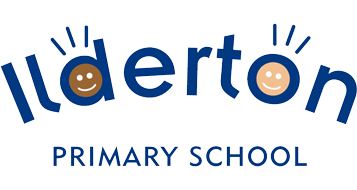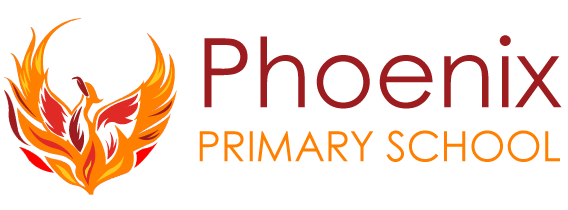Science
We believe that a high-quality science education provides the foundations for understanding the world through the specific disciplines of biology, chemistry and physics. Science has changed our lives and is vital to the world’s future prosperity so that all pupils should be taught essential aspects of the knowledge, methods, processes and uses of science. Through building up a body of key foundational knowledge and concepts, we encourage each child to recognise the power of rational explanation and develop a sense of excitement and curiosity about natural phenomena. Children are encouraged to understand how science can be used to explain what is occurring, predict how things will behave, and analyse causes.
The National Curriculum provides the basis for our science curriculum by describing a sequence of knowledge and concepts. While it is important that pupils make progress, it is also vitally important that they develop secure understanding of each key block of knowledge and concepts in order to progress to the next stage.
Within our science curriculum, pupils are taught to describe associated processes and key characteristics in common language. They are also familiarised with, and use, technical terminology accurately and precisely. Over time they build up an extended specialist vocabulary. Children are also given the chance to apply their mathematical knowledge to their understanding of science, including collecting, presenting and analysing data. The social and economic implications of science are important but are generally taught within the wider school curriculum. Teachers use different contexts to maximise their pupils’ motivation to study science.

Science Learning Journey
‘Working scientifically’ specifies the understanding of the nature, processes and methods of science for each year group and is underpinned throughout every topic. Medium term planning for science gives specific evidence of how ‘working scientifically’ is embedded within the content of biology, chemistry and physics, focusing on the key features of scientific enquiry, so that pupils learn to use a variety of approaches to answer relevant scientific questions. These types of scientific enquiry that are include within our curriculum are:
- Observing over time;
- Pattern Seeking;
- Identifying, Classifying and Grouping;
- Comparative and Fair Testing (controlled investigations);
- Researching using Secondary Sources.
Pupils in Year 1 and 2 are taught to develop working scientifically skills, embedded in their experiences of the world around them using practical enquiries and secondary research. They will be taught to ask simple questions. They will use simple features to compare objects, materials and living things; with guidance they will sort and group, observe changes over time and begin to make connections and patterns. They will carry out simple tests, gather and record simple data, using simple measurements and equipment. They will be taught to talk about what they have found out, using simple scientific language and present their findings in a range of ways.
Pupils in Year 3 and 4 will be provided with a range of scientific experiences which will enable them to ask their own relevant scientific questions. They will be taught to decide which type of scientific enquiry might be used to answer their question. They will be taught to use fair tests and suggest how it will be set up. They will decide how they will group, sort and classify and use simple keys. They will be taught to look at patterns and relationships and decide on which data they will collect for their enquiry. They should decide on what observations they will make and the type of simple equipment needed.
Pupils in Year 5 and 6 are taught to use their scientific experiences to raise their own scientific, relevant questions and select the appropriate type of scientific enquiry to answer them. They are taught to recognise when to use comparative and fair test enquiries and which variables need to be controlled and why. They will be taught to use and develop keys to identify, classify and describe materials and living things, and identify patterns in their local environment. They should make their own decisions about what observations to make, how long to make them for and whether they should be repeated. They should choose the appropriate equipment to use, how to record data and look for different causal relationships in their data. They should identify evidence that supports or refutes their ideas. They should use their ideas to suggest when further tests and observations might be needed. They should recognise which secondary ideas will be useful to research and separate opinion from fact. They should use relevant scientific vocabulary and illustrations to justify their ideas and discuss how scientific ideas have developed over time.


